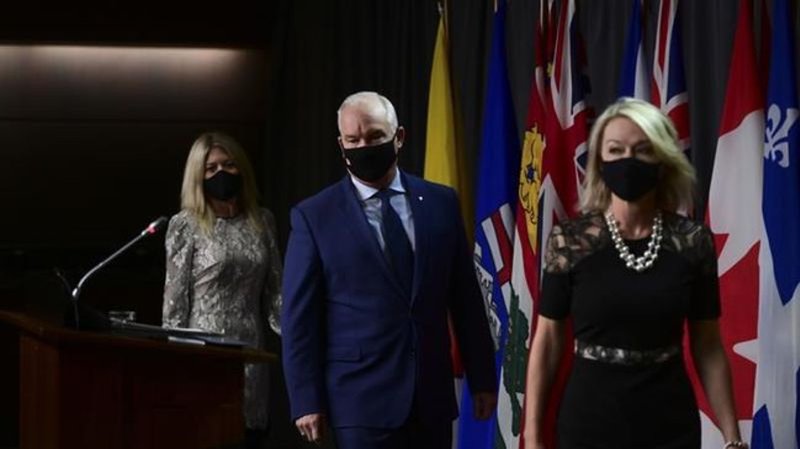
New Tory motion could trigger second confidence showdown for Liberal minority
OTTAWA — One day after surviving a confidence vote on a Conservative motion, Justin Trudeau’s minority Liberal government faces another Conservative motion that could trigger yet more high-stakes drama over the possibility of a snap election in the midst of the COVID-19 pandemic.
The official Opposition is using its second opposition day this week to debate a motion calling for a sweeping probe by the House of Commons health committee into a host of issues relating to the government’s handling of the COVID-19 pandemic.
The motion is so broad and the demand for documents so massive that the Liberals are expected to argue that its passage would paralyze the government — the same argument used to declare the first Conservative motion a confidence matter.
The government survived the subsequent confidence vote on that motion — which would have created a special committee to investigate the WE Charity affair and other alleged examples of corruption — with NDP, Green and independent MPs grudgingly joining with the Liberals on Wednesday to defeat the motion.


